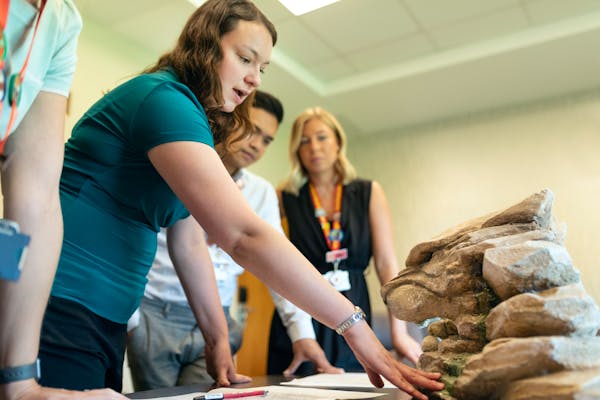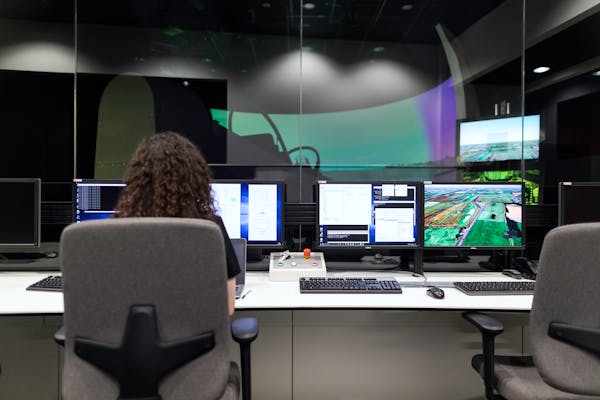Biomedical Engineering
Biomedical Engineering combines engineering principles with biological sciences to develop technologies and devices that improve human health and quality of life.
Curriculum Overview
Your four-year academic journey
Year 1
- Calculus
- Chemistry
- Biology
- Engineering Design
Year 2
- Organic Chemistry
- Physics
- Anatomy & Physiology
- Engineering Mechanics
Year 3
- Biomaterials
- Biomedical Instrumentation
- Cell Biology
- Engineering Math
Year 4
- Senior Design
- Medical Device Design
- Research Project
- Ethics in Engineering
Specialization Tracks
Focus your studies in areas that match your career goals
Medical Device Design
Tissue Engineering
Biomechanics
Medical Imaging
Rehabilitation Engineering
Career Outcomes
Job Growth Rate
Expected growth over the next 10 years
Average Starting Salary
For recent graduates in the field
Top Employers
Our graduates have been hired by:
- Medtronic
- Johnson & Johnson
- Abbott
- Boston Scientific
- GE Healthcare
Faculty Spotlight
Learn from industry leaders and renowned researchers

Dr. Alex Rodriguez
Professor & Department Chair
PhD from Stanford, 20+ years experience, published researcher in AI and machine learning

Prof. Jennifer Kim
Associate Professor
Former Google engineer, expert in software architecture and distributed systems

Dr. Michael Davis
Assistant Professor
PhD from MIT, specialist in cybersecurity and data privacy, NSF research grant recipient
Student Projects
See what our students are building

AI Health Monitor
Machine learning system that predicts health issues from wearable device data.
Senior Capstone Project
Smart Campus App
Mobile application for campus navigation, class schedules, and student services.
Software Engineering
Cybersecurity Framework
Open-source security framework for small business network protection.
Research ProjectReady to Start Your Journey in Biomedical Engineering?
Join our program and become part of a community that's shaping the future.